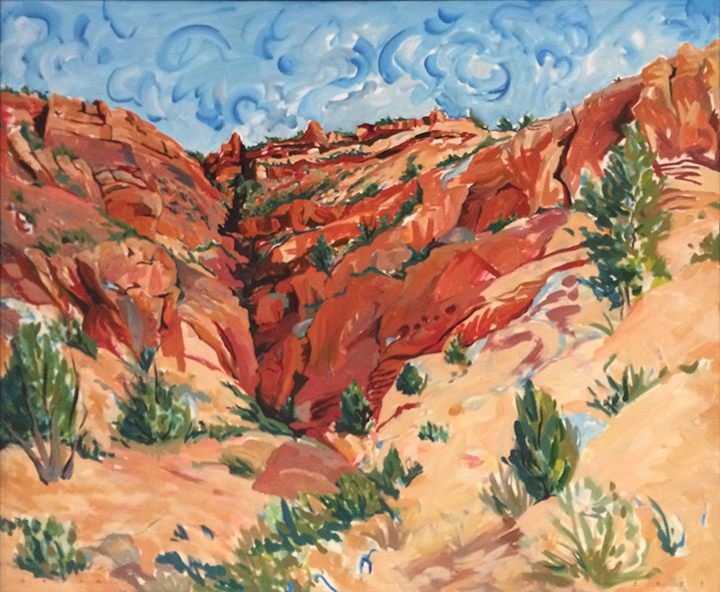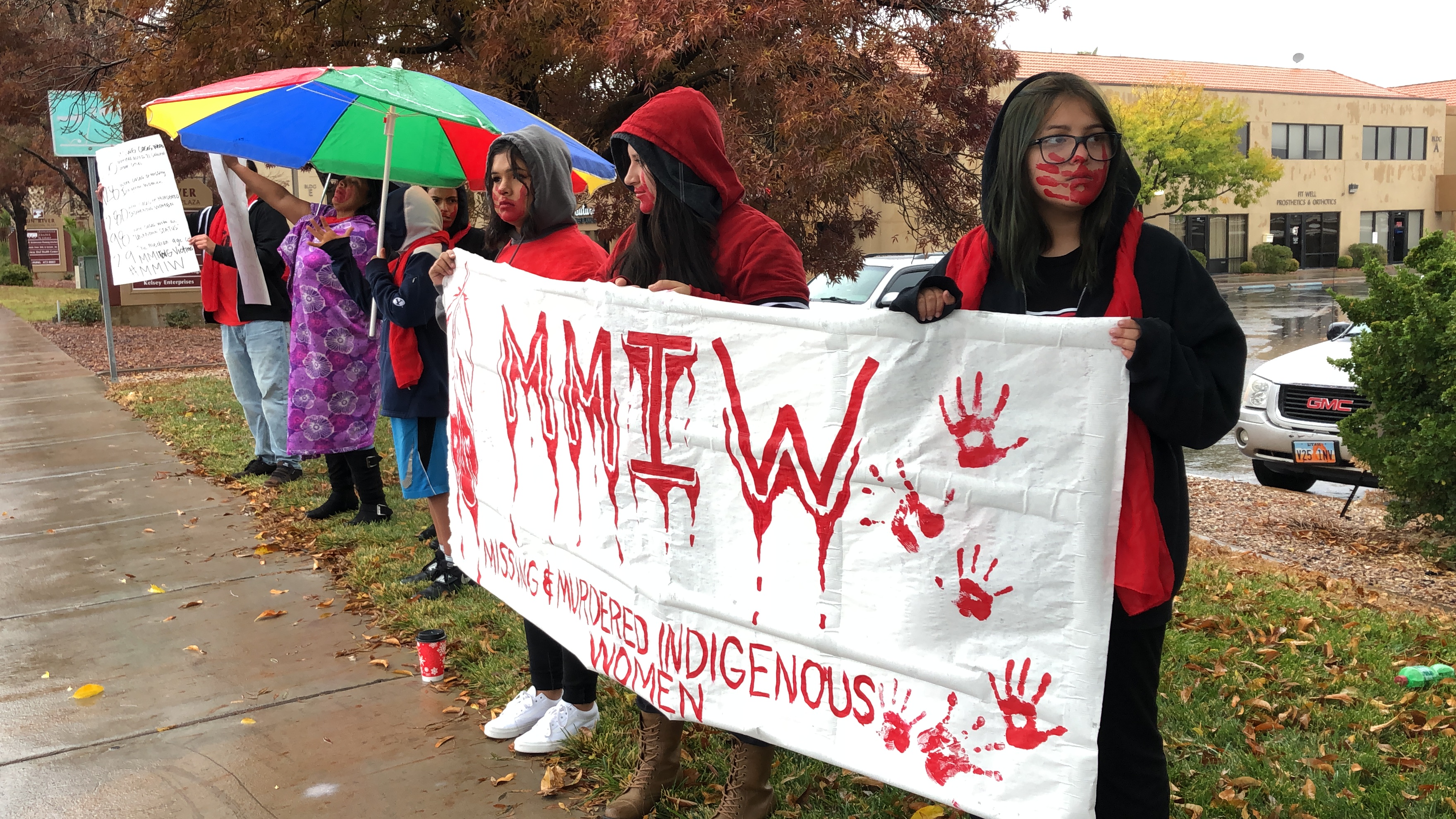
ST. GEORGE — On Nov. 19, Secretary of the Interior Deb Haaland issued two federal orders aimed at removing derogatory names from the nation’s geographic features.

Secretarial Order 3404 formally identified the term “squaw” as derogatory and created a task force to find replacement names for geographic features using the term. Secretarial Order 3405 created the Advisory Committee on Reconciliation in Place Names to seek out, review and recommend changes to other offensive names on public lands.
In a press release announcing the orders, Haaland said, “Racist terms have no place in our vernacular or on our federal lands. Our nation’s lands and waters should be places to celebrate the outdoors and our shared cultural heritage – not to perpetuate the legacies of oppression.”
At least 11 sites in Southern Utah bear the “squaw” name, according to a database of place names maintained by the U.S. Geological Survey. The term is used as a sexual slur for Native American women. Across the state, over 50 geographic features bear the derogatory name, including Squaw Peak in Provo, Squaw Canyon on Pine Valley Mountain and Squaw Creek in Cedar City.
The federal government’s efforts to address derogatory place names follow the passage of similar legislation by Utah’s state government in early 2021. Sen. Jani Iwamoto (D-Salt Lake City) sponsored a place name amendment bill, designated as SB 10, that was approved by both chambers of the Utah Legislature and signed into law by the governor.
Iwamoto said she first became aware of the harms of the term years ago and explained why its use is particularly harmful:
The meaning of the word ‘squaw’ changed throughout the 1800s and became a word describing a Native woman as promiscuous, a prostitute or other meanings associated with sexual violence. Native American women suffer sexual violence at rates higher than the US national average: more than a third of Native women suffer from domestic and sexual violence in their lifetime. In Utah, Native women make up less than 1% of the state population but account for 27% of all the reported rape cases. The perpetrators of 80% of this violence are non-(American) Indian partners. Names like “squaw” all work to perpetuate this harmful action against Native women.
Prior to the bill, the process for changing the name of a geographic feature or landmark was murky at best. Approving new names required input from local communities, as well as the Utah Committee on Geographic Names and the U.S. Board of Geographic Names – though neither organization has a formal application process.

The new legislation empowered the Utah Division of Indian Affairs to facilitate the application process by creating a template to help local groups or individuals organize their efforts and expedite name changes.
Dustin Jansen, director of the Utah Division of Indian Affairs, said the state agency has been working on developing a draft document that he hopes will be ready for public comment and review in January 2022.
While not considered derogatory, other geographic features that have previously been considered for a name change include Navajo Lake near Cedar City and Shinob Kibe Cave in Washington County. Representatives from the Shivwits Band of Paiutes have said these landmarks should have names that are correctly spelled and best represent local indigenous people.
He said the only name change efforts his division has been notified of since the bill’s passing have addressed a well-known peak in Utah Valley, and organizers are awaiting input from the Ute tribe to recommend a replacement name.
“When we have place names like Squaw Peak that are derogatory and may perpetuate the image of Native women being sexual objects or simply just than other women, we need to get rid of those things,” Jansen said. “Names like this that are on landmarks throughout the country – they’re racial graffiti that people can see and it influences how they view Native women.”

While the Division of Indian Affairs can help direct and inform name change efforts, it was not tasked with seeking out and recommending changes. That responsibility rests with members of the public or local communities, as compared to the federal task force created by secretarial order that is empowered to recommend changes related to federal landmarks.
Both the state bill and the federal orders require input from tribal governments where names referring to Native Americans are under review, and the Department of the Interior calls for comment from experts in civil rights, anthropology and history as well as members of the general public.
“I think with this legislation there’s an education process that goes with it and input from the public,” Iwamoto said. “I think it’s really important that people understand the history of the name and why it’s so painful. It’s a process, and it needs tribal voices to be a good process.”
This latest effort to remove specific derogatory terms is not the first for the Department of the Interior. The agency identified the N-word as derogatory in 1962 and moved to eliminate its use and removed a pejorative term for “Japanese” in 1974.
Per the release, several states have passed legislation prohibiting the use of the word “squaw” in place names, and there is legislation pending in both chambers of Congress to address derogatory names on public lands.
Copyright St. George News, SaintGeorgeUtah.com LLC, 2021, all rights reserved.